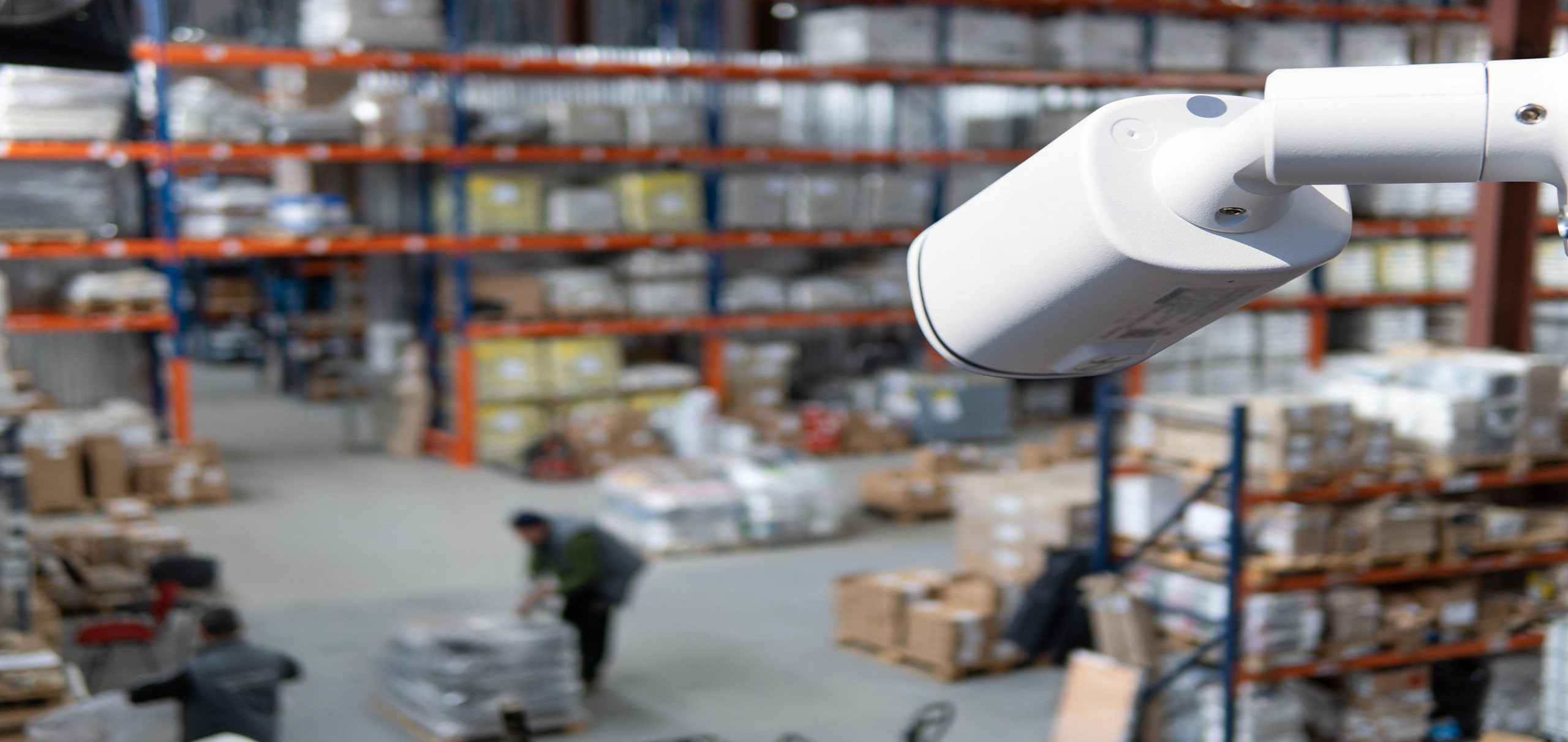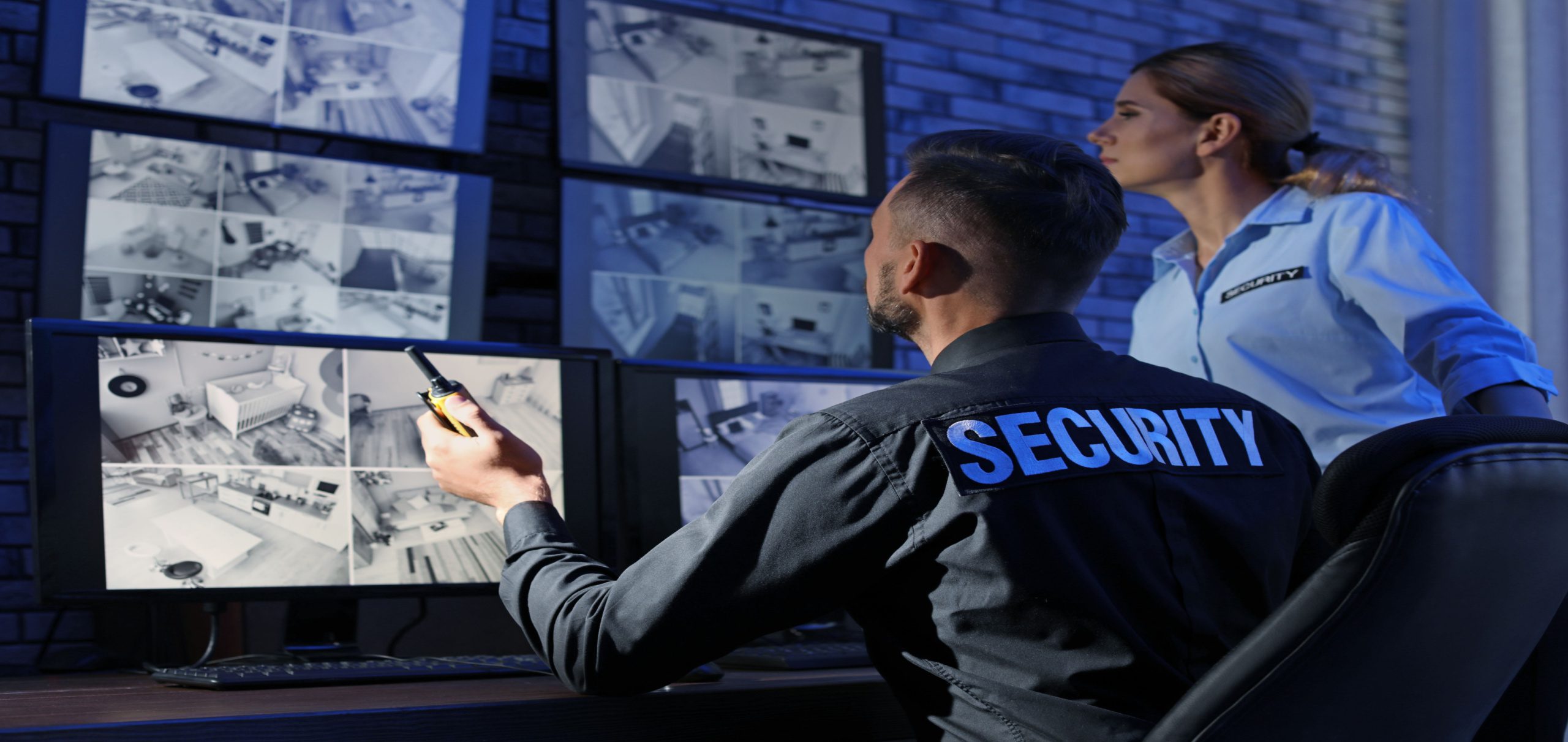
In the modern world, security concerns are at an all-time high. As a result, security operator roles have become a key part of society. One such role is that of the CCTV Operator.
CCTV operators serve as the backbone of security systems. They are dedicated watchers, constantly monitoring and responding to incidents in real-time. Hence, they are crucial in preventing and mitigating security threats. Thus making them indispensable in maintaining the safety of people and property.
In this blog, we will explore the skills needed in CCTV Operations. Moreover, we will also look at the challenges faced by CCTV Operators. Finally, we will examine the future of CCTV Operation.

Why do we need CCTV Operators?
The concern for one’s own safety is increasing day by day. In fact, in addition to this rise in concern, the demand for skilled professionals is also sky-high. Many high-use areas heavily rely on CCTV systems for surveillance and protection. Namely, businesses, public spaces, and residential areas. Therefore, it is crucial that there is an equal supply of CCTV Operators to meet this demand.
Technical Skills of CCTV Operators
Technical skills are the backbone of CCTV operations. CCTV Operation is one of the most technically involved fields in security. So, it is crucial for CCTV Operators to have technical skills.
Understanding Surveillance Systems
The most basic requirement of being a CCTV Operator is knowing how the camera system works. Namely, CCTV operatives must know about various camera types and positions. Also, they should be familiar with video analytics and video recording. Moreover, they must also know how to adjust and edit systems to react to situations better.
Troubleshooting Abilities
In the field of CCTV Operation, it is crucial to be able to react fast to technical issues. Therefore, CCTV Operators must be skilled at troubleshooting common technical issues. For example, they should know how to fix a recurring glitch or a malfunction in the address. Furthermore, they should also know how to tackle unseen issues. Therefore, they must always be ready for any issues that may show up.
Analytical Skills of CCTV Operators
Another key part of CCTV Training is analytical skills. This means that they must be well aware of their surroundings and what they are monitoring. Therefore, CCTV Operators must have keen senses and perception. More specifically, here are two important parts of analytical skills:
Attention to Detail
CCTV operators must possess a sharp eye for detail. It is a crucial skill for detecting suspicious activities and potential security breaches. Moreover, their keen attention ensures that even the smallest anomalies do not escape notice. Thus contributing to the overall effectiveness of the surveillance system.
Quick Decision Making
In critical situations, CCTV Operators must be able to make rapid decisions based on real-time information. Moreover, they need to think on their feet and take on-the-move decisions to address potential threats. In doing so, they are able to maintain a safer and more securely monitored space.
Communication Skills in CCTV Operation
Communication is a vital part of any security role. Security operators must constantly relay information about their surroundings. Therefore, they must know how to communicate effectively.
Team Collaboration
Security teams often contain more than just one person. So, CCTV operators often collaborate with other team members to improve security. Therefore, they must know how to communicate verbally and non-verbally with them. In turn, this allows for quick and precise communication between teams. As a result, the overall security of the monitored area improves greatly.
Effective Reporting
Another great use of communication is during reports. Namely, regularly timed reports or urgent ones. Having good communication skills means that the CCTV operator can put their findings clearly and concisely in their report. Thus providing well-documented and valuable data for future analysis. In turn, making a huge contribution to safety improvements.
How to Learn CCTV Operator Skills?
There are many ways to learn the skills needed to be a CCTV operator. However, there is one way in particular that is easily accessible and available to anyone: Online courses! There are many different sites that provide online training in Security Sectors. Namely, CCTV Operation training. Therefore, it is extremely easy for anyone with internet access to pick up a course.
When picking a course, make sure that the course is accredited and up-to-date. In doing so, you can avoid low-quality courses and improve your learning!
CCTV Operation Monitoring Practices

Beyond simple skills, there are also mental and routine practices that CCTV operators must follow to do their job properly.
Continuous Vigilance
A core responsibility of CCTV operators is to uphold constant vigilance. This means that they must remain alert and be ready to respond to security threats. Moreover, they must always be anticipating what will happen next and prepare possible responses. In doing so, they maintain a high level of security in the area.
System Optimisation
Similar to vigilance, CCTV Operators must also be up to date on new updates in their system. They must know how to optimise their setup. For example, they should reposition their cameras or do a routine virus checkup. As a result, they create a more secure and efficient security system.
How CCTV Operators Handle Emergency Situations
Emergencies are a regular part of CCTV Operations. Therefore, operators must always be ready to handle such scenarios.
Emergency Response Protocols
CCTV operators must have a thorough understanding of emergency protocols. Thus being able to effectively coordinate with on-site personnel and emergency services when needed. Moreover, it is important to have preplanned responses during a crisis. Otherwise, security teams or civilians may end up confused and taking the wrong steps.
Staying Calm under Pressure
Maintaining composure during high-pressure situations is a crucial part of CCTV Operations. Moreover, the ability to stay calm is vital to making quick decisions. Therefore, all CCTV Operators must be capable of saying calm under dire situations. As a result, they can provide quick and effective responses to emergencies.
Legal and Ethical Considerations
Aside from skills and practises, CCTV operators must also be aware of other aspects of their field. Namely, the laws regarding privacy and ethics.
Privacy Laws
Operators must be well-read in privacy laws set by their governing bodies. Therefore, they can avoid invading people’s privacy and personal space. Moreover, adhering to these laws is crucial for maintaining the safe and ethical use of surveillance technology. Finally, being informed in legal matter also helps operators avoid potential lawsuits or legal trouble.
Code of Conduct
The Code of Conduct should be the lifeblood of every CCTV Operative. Following this code ensure that they maintain a professional and ethical role. Moreover, following this code of conduct show that they are dedicated to their role. Thus building trust, both with the people being monitored and the broader community. Finally, it is also a great way to set up boundaries for oneself to avoid any personal or legal issues.
Conclusion
In conclusion, being a proficient CCTV operator requires a diverse skill set. It takes everything from technical expertise to effective communication and decision-making. Moreover, as the security landscape evolves, operators must adapt and stay ahead of emerging trends.
However, one thing is certain: The demand for CCTV operators is on the rise. Therefore, it is a great idea to invest in this field now and improve security across the world.


0 responses on "CCTV Operator: Best Security Skills and Practices for Operators"